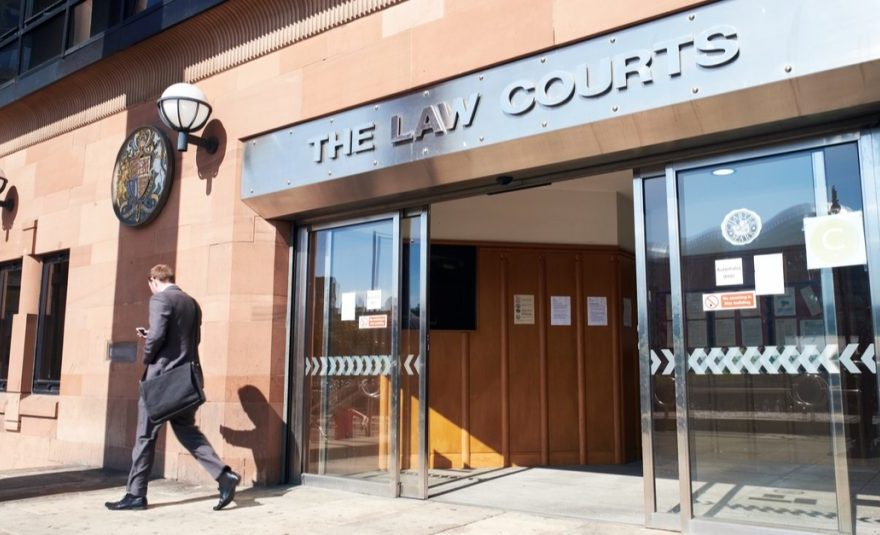Wealth Preservation : Five fundamentals of estate planning

Start making plans now to ensure your loved ones are prepared for the future.
In this short article you’ll find some tips to help you take the first steps.
Start planning early
Planning what happens to your money and possessions when you die aims to:
• make sure your money goes to the people whom you want to give it to
• reduce or even eliminate inheritance tax to leave more to those you love
• ensure that your wishes are carried out without unnecessary expense or delay
This might sound simple, but managing the transfer of your money and possessions after you’re gone is a complicated area with many financial and legal hurdles. The best way to avoid unwanted consequences is to start making plans as soon as you can.
Make a will and review it regularly
Do you know that if you don’t have a will, then your estate will be shared according to set rules which may be different from your wishes? The consequences can be devastating for those you leave behind. If you’ve already made a will, that’s great. Please just make sure it’s kept up to date. A change in family circumstances, changes in inheritance tax rules and wider legislation can all affect your will. It’s recommended that you review your will at least every five years.
Set up a Power of Attorney
Sometimes people wrongly think because they have a will they don’t need a Power of Attorney (POA), but this isn’t true. The POA lets you appoint someone you trust to make financial and/or medical decisions for you if you’re not able to do so. For example, if you become ill. It might help to think of a will as something that helps your loved ones after you die, whereas a POA is designed to help you while you’re still living. Another common mistake people make is thinking that the POA means you’ve automatically handed over control to someone else, but again this simply isn’t true. It can start immediately or you can opt for it to kick in when you’re no longer able to act in your own best interests. It’s important to note if you’re giving someone POA, there are restrictions on gifts they could make from your estate.
While this rule is there to help keep you safe, it does also limit the ways to help reduce IHT. This is a specialist area and those involved should always speak to an adviser.
Make sure you know who stands to inherit your pension
It’s a strange anomaly, but your will doesn’t decide who inherits your pension. When setting up a pension, you normally have to complete a “nomination of beneficiary” form. The people you list on that form will normally inherit your pension when you die. Over the years, it can be easy to forget who you’ve nominated to inherit your pension. This information can also change and quickly becomes out of date if your circumstances have changed. If you’re not sure who inherits your pension, your adviser can help and can also update your beneficiaries form if needed.
Speak to your loved ones about these documents
This is often the step that’s forgotten about. It’s really important to have these documents and keep them up to date, but it’s even more important your loved ones know how to get hold of them when they’re needed. By letting your loved ones know in advance you’ve done this important planning, it can make it a lot easier on them at what could be a very difficult time.
Plan today to prevent avoidable problems
Each of us are unique individuals, no two of us have the same circumstances or family dynamics. By planning with your adviser in advance you can ensure that your intentions are respected, your family is protected and everything goes according to plan.
Summary
The 5 basic steps to help you get started planning for what you leave behind:
Start planning early
Make a will and review it regularly
Set up a Power of Attorney
Know who stands to inherit your pension
Speak to your loved ones about your plans
What to do next ? Managing the transfer of your money and possessions after you’re gone is a complicated area with many financial and legal hurdles. But it doesn’t have to be difficult. Contact me to get started https://calendly.com/marcburman
Levels and bases of reliefs from taxation are subject to change and their value depends on the individual circumstances of the investor.
The value of your investments can fall as well as rise and you may not get back the full amount invested. The past is not a guide to future performance and past performance may not necessarily be repeated.
What you get back at retirement cannot be guaranteed and will depend on how much you pay in, investment performance and interest rates when you retire.
Wealthwise Financial Solutions Limited is authorised and regulated by the Financial Conduct Authority. The Financial Conduct Authority does not regulate taxation and trust advice.




